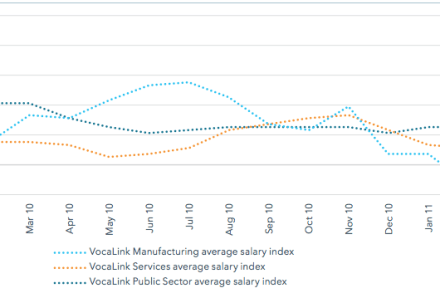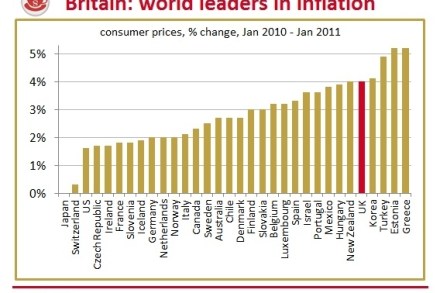Clegg urges his party to face reality
The cultural change Nick Clegg is trying to bring to the Liberal Democrats was summed up by one exchange during his Q&A with party delegates. One delegate, a member of the Federal Policy Committee, got up and said how conference had “sent the government a message” with its decision to amend the coalition’s health reform plans. To which a visibly exasperated Clegg replied, “you’re part of the government.” Clegg was uncompromising in his message that the party has to accept the realities of coalition government. After he had dismissed a series of questions about whether he was too close to Cameron, Clegg said — only half-jokingly — to the



















